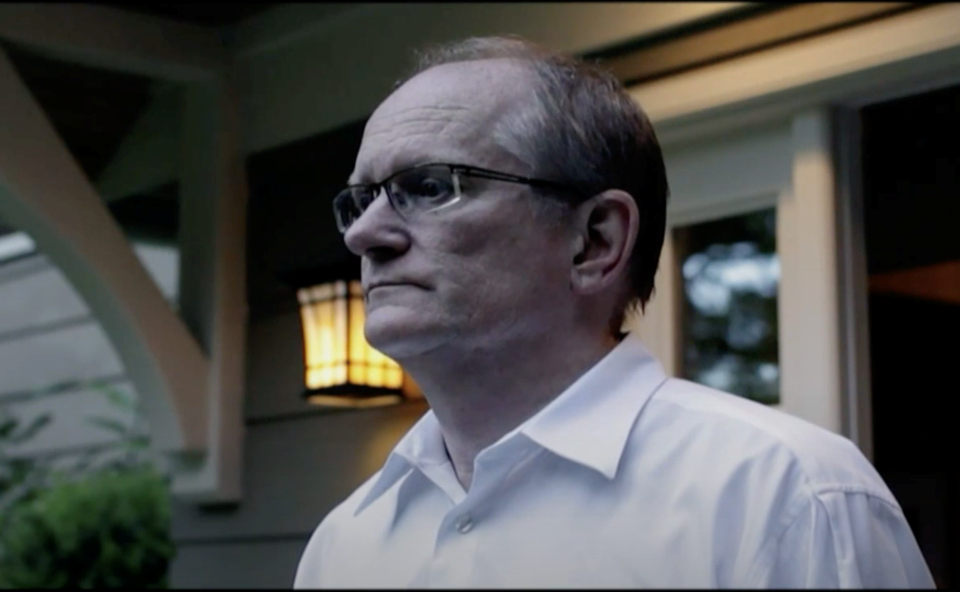Former Vancouver lawyer turned offshore company facilitator Fred Sharp is facing a US$52.9-million judgment against him after he defaulted on a stock fraud case filed by the U.S. Securities and Exchange Commission (SEC) on Aug. 5.
The commission is requesting an order in the federal District Court of Massachusetts to have Sharp repay $21.76 million in estimated net profits from an alleged scheme that involved over $1 billion worth of stock transactions involving hundreds of U.S. penny stock companies.
The alleged scheme netted an estimated $770 million in profits for company insiders and other co-conspirators such as lawyers, stock touts and financial agents. Sharp is considered to have “masterminded” the scheme between 2010 and 2019, by setting up offshore shell companies to facilitate illegal insider trading.
The commission is also seeking interest of $7.17 million and a civil penalty of $23.99 million. This amounts to $68.4 million in Canadian dollars today.
“Sharp knew that his business was a course of conduct that operated as a fraud on the purchasers of numerous securities — and caused fraudulent securities sales,” noted the commission’s application, penned by SEC enforcement accountant Trevor Donelan, who notes Swiss-based Wintercap SA was among the principle trading outlets for Sharp. Wintercap SA was controlled by convicted securities fraudster Roger Knox, who was jailed last year.
The commission charged Sharp with violating anti-fraud provisions and registration provisions of the U.S. Securities Act. These civil charges are in conjunction with criminal charges of securities fraud and conspiracy to commit securities fraud brought forth by the Federal Bureau of Investigation to the U.S. Department of Justice (DOJ), also in a Boston federal court.
Much of the evidence brought forth in charging documents, to date, stems from intercepted encrypted communications from Sharp’s servers located in Curacao. Sharp dubbed the network “Q” and referred to himself as “Bond” while his alleged wiring expert Yvonne (Zhiyeng Chen) Gasarch of Richmond was dubbed “Wires.”
While the criminal case has yet to proceed, the commission’s case against Sharp is considered nearly closed as a notice of default was entered against him on Nov. 15, after Sharp failed to respond to multiple attempts to serve him following his Aug. 10 summons. Hence, “the court accepts as true the factual allegations of the complaint against defendant Sharp, who has defaulted, and finds that the court has jurisdiction over this action,” states the commission’s proposed final judgment.
Along with the monetary judgment, the commission seeks to finalize a permanent ban on Sharp conducting any business in the U.S. markets, aside from personal stock purchases.
The commission says it took steps to serve Sharp formally through the Hague Convention but he was still not served in person with the complaint, summons and temporary orders against him.
“Sharp was ‘not served’ because after ‘multiple attempts, lights on in residence, car in driveway, window open, no one came to the door,’” noted a deputy sheriff’s certificate filed in a Boston court in November.
Meanwhile, the DOJ has issued an arrest warrant for and frozen assets of Sharp, including numerous bank and brokerage accounts.
The 69-year-old is known to reside in the West Vancouver neighbourhood of Caulfeild. If he is in Canada, he could face an extradition process, which can typically run for years.
Sharp was called to the B.C. bar in May 1981.
In 1995, his name first became publicly linked to improper activity, when he was for one year.
In 1997, Sharp relinquished his licence to practice law and went on to the following year. Although it dissolved in April 1999, Sharp carried on business under different corporate entities elsewhere.
In what may turn out to be an explicit case of life imitating art, Sharp wrote a fictional book in 2002 about securities fraud, the commission has noted in its filings.
In May 2016, Sharp became more widely known across the country as the Canadian face of the Panama Papers — a massive leak of documents of Panamanian company Mossack Fonseca that revealed a vast network of offshore companies acting as tax havens. He helped register 1,167 offshore entities from his Vancouver office, according to the documents.
Sharp is also presently responding to Canada Revenue Agency investigations via court proceedings.



